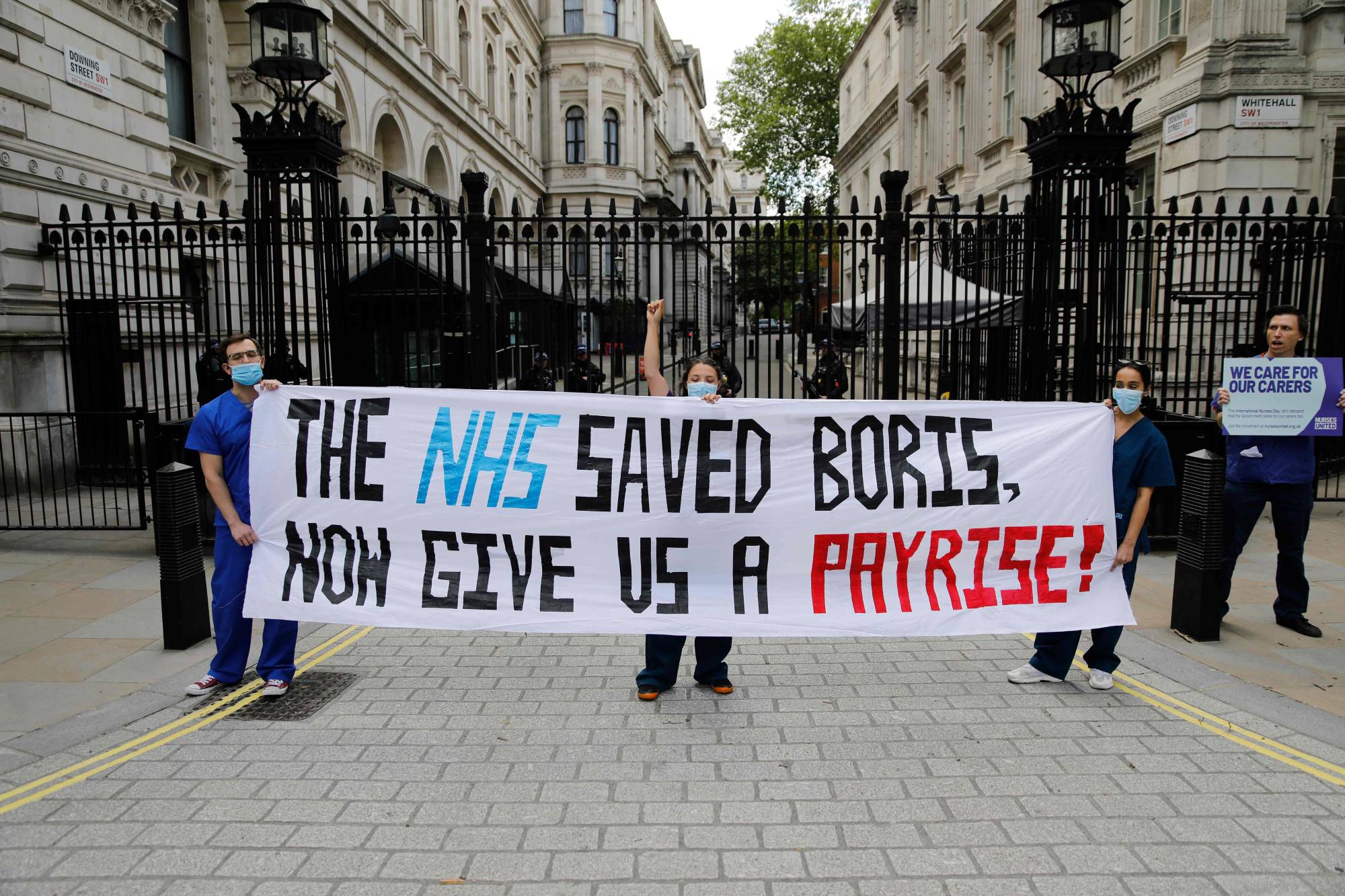Decades of privatization, outsourcing and budget cuts in the name of “efficiency” have significantly hampered many governments’ responses to the COVID-19 crisis.
At the same time, successful responses by other governments have shown that investments in core public sector capabilities make all the difference in times of emergency. The countries that have handled the crisis well are those where the state maintains a productive relationship with value creators in society, by investing in critical capacities and designing private-sector contracts to serve the public interest.
From the United States and the United Kingdom to Europe, Japan and South Africa, governments are investing billions — and, in some cases, trillions — of dollars to shore up national economies. Yet, if there is one thing we learned from the 2008 financial crisis, it is that quality matters at least as much as quantity. If the money falls on empty, weak or poorly managed structures it will have little effect and may simply be sucked into the financial sector. Too many lives are at stake to repeat past errors.

















With your current subscription plan you can comment on stories. However, before writing your first comment, please create a display name in the Profile section of your subscriber account page.